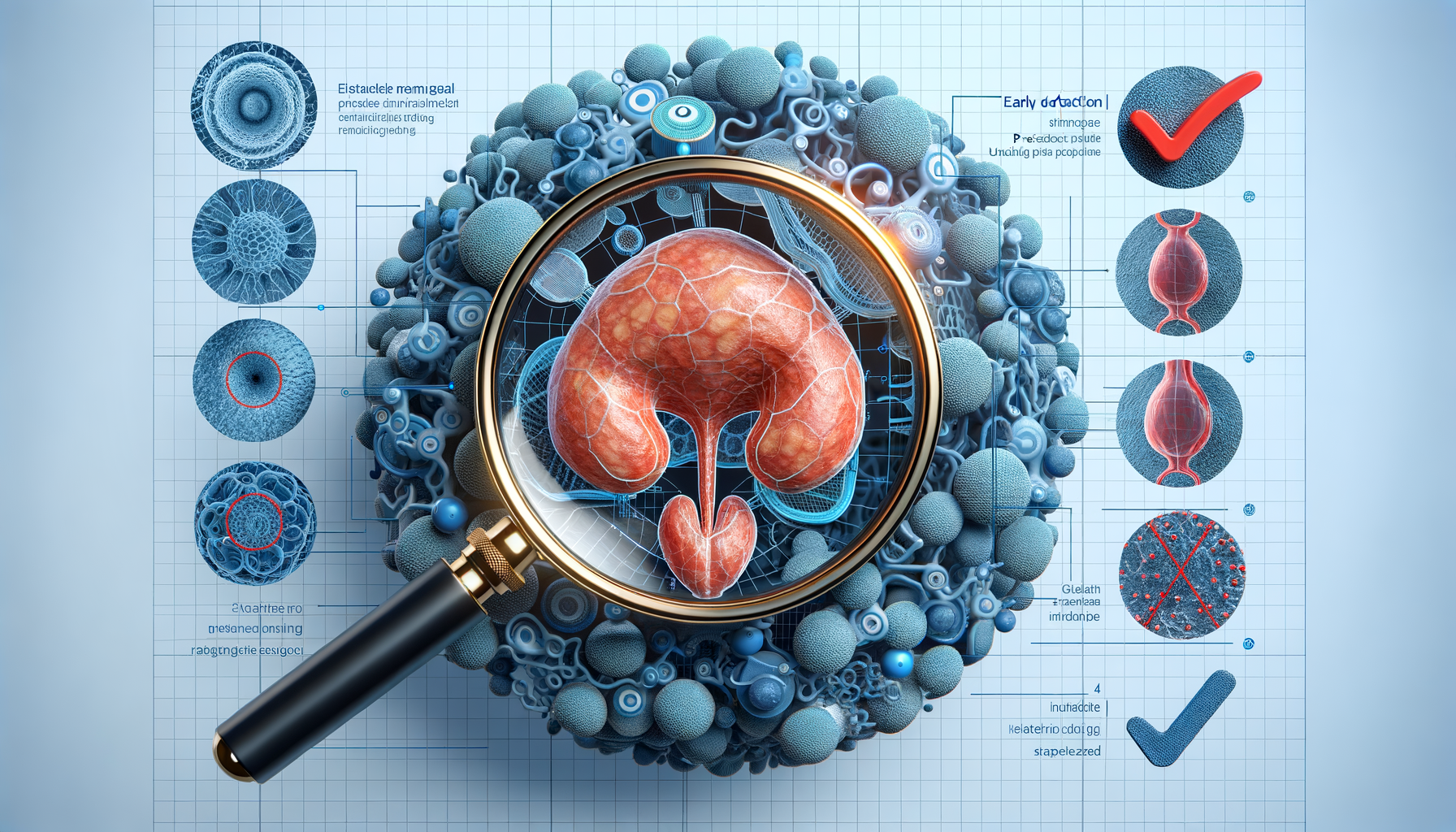
Is Sperm Donation for You? Discover the How and Why
Understanding the Basics of Sperm Donation
Sperm donation is a process that involves a man donating his sperm to help individuals or couples conceive a child. This practice is not only a scientific procedure but also a deeply personal decision that can have lasting impacts on all parties involved. The procedure is typically facilitated by sperm banks or fertility clinics, ensuring that the donation is handled with the utmost care and confidentiality.
Donating sperm is not just about the act itself but understanding its implications. It provides an opportunity for individuals who are unable to conceive naturally, such as same-sex couples or those with fertility issues, to start a family. However, the decision to donate sperm should not be taken lightly. It involves a series of medical tests, legal agreements, and personal reflections to ensure that the donor is fully informed and comfortable with the process.
The journey of sperm donation begins with a comprehensive screening process. Potential donors undergo a series of medical and genetic tests to ensure the quality and safety of the sperm. This includes checking for infectious diseases, genetic disorders, and overall health. Once approved, donors are often required to commit to multiple donations over a period of time, ensuring a sufficient supply for potential recipients.
Understanding these fundamentals is crucial for anyone considering sperm donation, as it sets the foundation for a responsible and informed decision.
The Selection and Screening Process
The selection and screening process for sperm donors is rigorous and thorough, designed to ensure the health and safety of both the donor and the potential offspring. This process begins with an initial application where potential donors provide detailed information about their medical history, lifestyle, and personal background.
Once the application is reviewed, candidates undergo a series of medical examinations. These tests are crucial in determining the donor’s suitability and include:
- Blood tests to screen for infectious diseases such as HIV, hepatitis, and STDs.
- Genetic testing to identify any hereditary conditions that could be passed on to the offspring.
- Physical examinations to assess overall health and fertility levels.
In addition to medical screenings, donors are often required to provide a comprehensive family medical history. This helps fertility clinics assess any potential genetic risks and ensures that recipients are fully informed about the genetic background of the donor.
Psychological evaluations may also be part of the screening process. These assessments help ensure that donors are mentally prepared for the implications of their donation, including the possibility of future contact with offspring if laws or agreements permit.
The selection and screening process is designed to be exhaustive, ensuring that only individuals who meet all health, genetic, and psychological criteria are approved as donors. This meticulous approach is essential for maintaining the integrity and success of sperm donation programs.
The Legal and Ethical Considerations
Sperm donation is not only a medical procedure but also a legal and ethical commitment. Understanding the legal framework surrounding sperm donation is crucial for both donors and recipients to ensure that all parties are protected and informed.
One of the primary legal considerations is the anonymity of the donor. While some countries and clinics allow anonymous donations, others require donors to agree to the possibility of future contact with offspring. This can include providing identifying information or even meeting the child once they reach a certain age. It is essential for donors to understand the laws and agreements in place before proceeding.
Informed consent is another critical aspect of sperm donation. Donors must be fully aware of the implications of their donation, including the rights of the child and the potential for future contact. Legal agreements often outline these details, ensuring that donors have a clear understanding of their responsibilities and rights.
Ethically, sperm donation raises questions about the rights of the donor, the recipient, and the child. Balancing these rights requires careful consideration and often involves legal counsel to navigate complex situations. For example, should a donor have any say in the upbringing of the child, or should the recipient have the right to know the donor’s identity?
These legal and ethical considerations are integral to the sperm donation process, ensuring that all parties are protected and informed throughout the journey.
The Emotional and Psychological Impact
Sperm donation is a decision that can have profound emotional and psychological effects on donors, recipients, and offspring. Understanding these impacts is essential for anyone considering involvement in the process.
For donors, the decision to donate sperm can be accompanied by a range of emotions. Some may feel a sense of altruism, knowing they are helping others achieve their dream of parenthood. However, others may experience anxiety or uncertainty about the future, especially regarding potential contact with offspring. It is crucial for donors to have access to counseling services to process these emotions and make informed decisions.
Recipients of sperm donations also face emotional challenges. The process of selecting a donor and undergoing fertility treatments can be stressful and emotionally taxing. The prospect of raising a child conceived through donation can also bring about feelings of joy, anxiety, and responsibility. Support groups and counseling can provide invaluable assistance in navigating these emotions.
For children conceived through sperm donation, understanding their origins can be a complex emotional journey. Some may have questions about their biological roots and seek to connect with their donor. Open and honest communication within families about the nature of their conception can help address these feelings and foster a sense of identity and belonging.
Recognizing and addressing the emotional and psychological impacts of sperm donation is crucial for ensuring the well-being of all parties involved, making it a key consideration in the donation process.
The Future of Sperm Donation
The landscape of sperm donation is continually evolving, shaped by advancements in medical technology, changes in legislation, and shifting societal attitudes. Understanding the future of sperm donation provides insight into how this practice may develop and what it means for donors, recipients, and offspring.
Technological advancements are playing a significant role in the evolution of sperm donation. Innovations in genetic testing and reproductive technology are improving the success rates of fertility treatments and expanding the options available to recipients. These advancements also allow for more comprehensive genetic screening, ensuring healthier outcomes for children conceived through donation.
Legislative changes are also influencing the future of sperm donation. As societal attitudes shift towards greater openness and transparency, laws are evolving to reflect these changes. This includes movements towards open donor policies, where children have the right to know the identity of their donor. Such changes can impact donor anonymity and influence individuals’ decisions to participate in donation programs.
Societal attitudes towards family structures and reproductive technologies are becoming more inclusive and accepting. This shift is opening up new possibilities for individuals and couples seeking to start families, regardless of their sexual orientation or marital status. As acceptance grows, sperm donation is likely to become an even more integral part of family planning for diverse populations.
The future of sperm donation is poised for continued growth and transformation, driven by technological, legal, and societal changes. Understanding these trends helps stakeholders prepare for what lies ahead and ensures that sperm donation remains a viable and ethical option for building families.


